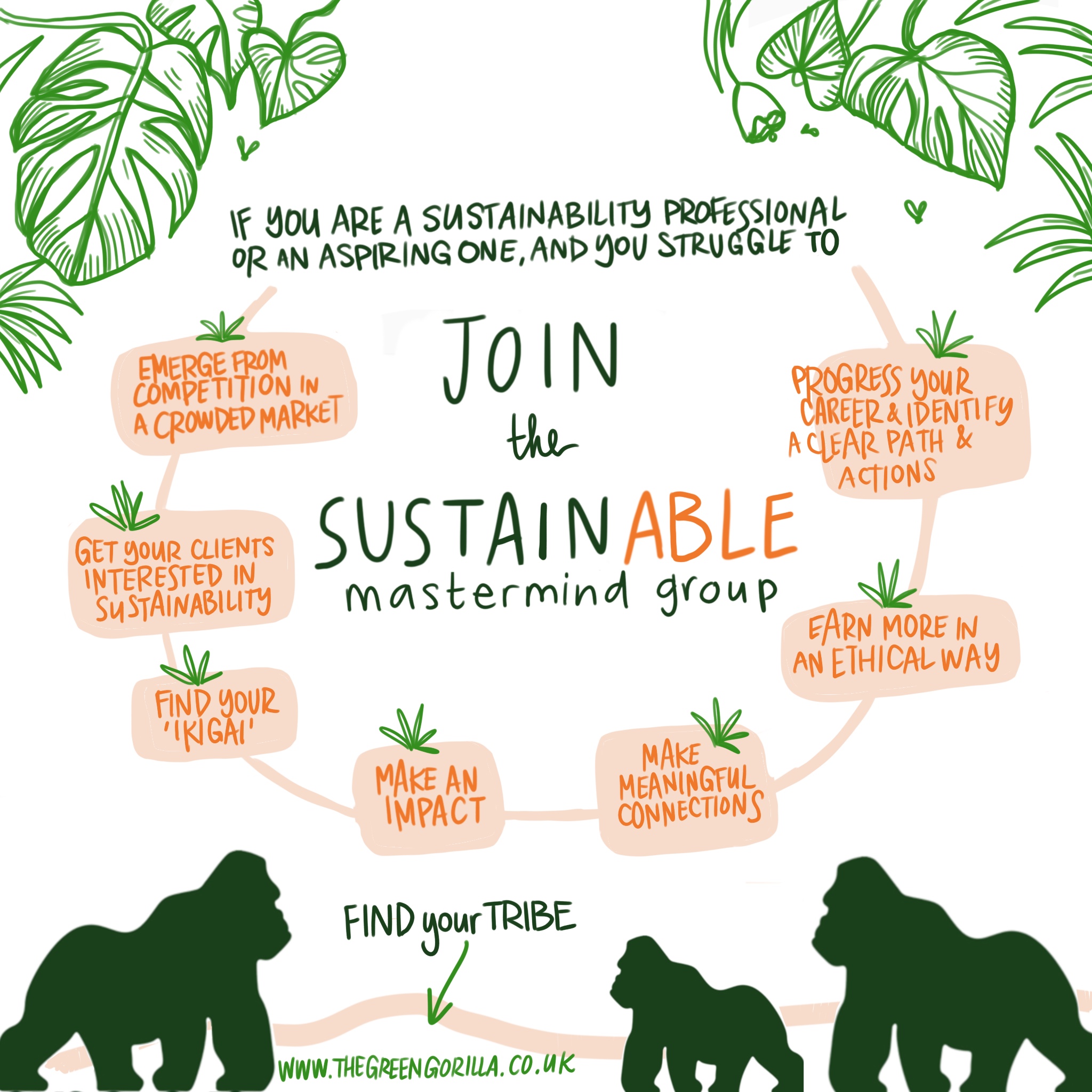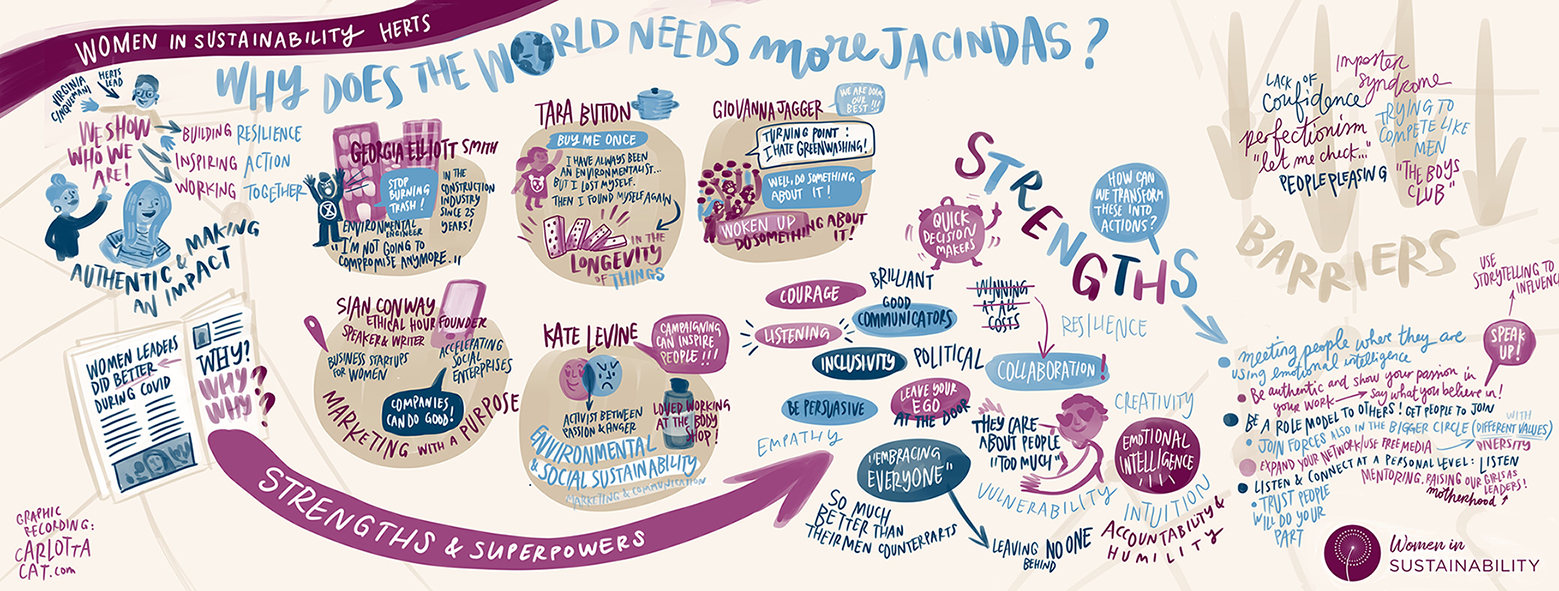
My Slow 2022
If you have been following me for a while, you might remember that I posted a couple of times in the last year or so about feelings of burnout.
Of course, being locked in at home with two kids to homeschool, not seeing family and all the trimmings that COVID has kindly cooked for us, surely didn’t help.
But I also realized that I have spent an enormous amount of time in the social media rabbit hole, desperately trying to pacify and feed my dissatisfied self. I also know that I overloaded my plate with lots of wonderful ideas and an impossible ideal of what a true entrepreneur should be: someone who is dedicated 100% to work while juggling family life and a shadow of social life.
At times of stress and lack of routine, what I needed was quite the opposite. I needed to prioritise. To stop and take an inventory of what was worth keeping and what wasn’t. To say “no” more often. You know the drill. I can just hear all my coachees shouting in unison: “Are you kidding me? You are not doing what you preach?!”
Sadly true. Often, in the last couple of years, I haven’t prioritized my own wellbeing, and I think my work has at times suffered as a consequence.
Why? Because I have taken the easy route.
I recently read 4000 Weeks by Oliver Burkeman, however, and I was prompted to reflect upon where in my life I was pursuing comfort when what’s called for was a little discomfort.
Growing, expanding, doing things differently (that includes striving for a more sustainable life) is painful. It takes courage and cannot be done on autopilot.
Scrolling on social media is easy. Posting pretty pictures on Instagram is easy and a good substitute for not looking in-depth at your life and pretending everything is shiny. Watching YouTube videos on how to do the splits is easier than doing the splits, or writing the book I have in mind.
Now that I also have a day job lecturing, I need to make some tough choices.
My number one choice this year is to take it slow.
Yesterday I read an article by Cal Newport talking about slow productivity, and it resonated immensely.
We are constantly distracted, trying to work longer hours, and most crucially, cramming more tasks on our plate every day as if we have an infinite amount of time available. We don’t.
No wonder most knowledge workers (and I’ll put myself in that category) feel burnout most of the time – recent McKinsey research found.
Coincidentally, I’ve been reading Deep Work, also by Cal Newport, and it seems pretty obvious that the best work in terms of quality but also quantity is produced not when we multitask and interrupt our flow with endless pings and social media/email interferences, but when we dive deep into a single task for a decent, uninterrupted period of time.
In the last few months, I also came across a wonderful initiative, Flown, which confirmed for me this theory: imagine sitting in your university library to finish an assignment. Other people around you are doing the same. Nobody dares talk unless it’s for an emergency. Flown is a virtual Zoom room with lots of people doing their own work uninterrupted together to get the same, deep work results; a simple and powerful way to concentrate for good chunks of time and do your best work.
My deeper motivation to change came also from a vague feeling of discontent with my work, a feeling that I was never at the top of my game or my tasks.
Then I read 4000 Weeks, and the deep motivation I needed to make a change popped all of a sudden in front of my eyes (spoiler alert: we only have an average of 4000 weeks to live. Shocking right?! I’m well beyond halfway through… do I still want to watch people breaking watermelons with their heads on Facebook?!).
So, this is what I’ve done in my personal life:
- I started doing yoga every single morning. Sounds cliche, right?! I’m not a yogi, but gentle breathing and exercise combined put me in a frame of mind of calmness and presence that I haven’t experienced quite so deeply before – in fact, I think I’m a better person to have around since starting this habit in mid-November;
- I am writing three ‘morning pages’ every morning: getting out on paper all the crap my mind likes to entertain and making space for the important stuff is the best – and cheapest – form of therapy ever. In fact, this is part of “the Artist Way” course by Julia Cameron. Not just for artists – highly recommended.
- I’m making space for fun “just because” activities: drawing, taking photos that I don’t post anywhere, cooking, baking, dancing to cheesy 1990 disco music.
- I am unsubscribing from ALL newsletters – apologies if I have unsubscribed from yours too. In time, I will resubscribe to the ones that I have time to read and that give me real value.
- I’m taking a step back from social media. I’ll just keep an active – albeit scaled back - LinkedIn and YouTube presence. Quality over quantity.
- I’m embarking on a year of buying nothing new (inspired by Jen Gale).
Now to the work changes:
In 2022 I’m focusing mainly on my university work – I want to give it a really good shot and expand my sustainability impact that way.
I’m not abandoning Green Gorilla at all. But I’m focusing my work on a few, selected activities:
- I decided to revamp our newsletter and send one high-value, free newsletter on a specific sustainability / soft skill / behavioural change theme every month to my mailing list, with some quality content – sometimes written, sometimes audio, sometimes video. I want to have fun with it and research it and deliver it properly, not providing a half-baked thing. Interested? Here is the link to sign up: bit.ly/gorillanews ;
- Coaching only a few people a month (up to 6 – no more, as it is fairly intense work which I love, and want to do well and be fully present for). If you are interested, I still have some capacity for the next six months. You can book a free chat to discuss whether this is something for you here;
- I will host only one “boot camp” for sustainability professionals possibly in June or July, possibly on how to sell and communicate sustainability – details to follow - this might inform the book I want to write on this specific subject;
- I will host only one “boot camp” for graduates possibly in October on how to start a career in sustainability and increase your chances to get a job in this field – details to follow;
- I will still accept keynote speaking, and bespoke training and coaching corporate engagements, if I have the capacity for them. I can deliver a few “lunch and learns” for companies: here is the link to more info;
- I will deliver a couple of Empower Sustainability Team programmes – if interested, get in touch;
- You can still buy all the wonderful Green Gorilla eLearning courses, which you can take in your own time on demand, on our learn.thegreengorilla.co.uk platform, or a copy of SustainABLE if you wish.
And that’s it.
The only new year resolution for me is to follow Oliver Burkeman’s and Cal Newport’s suggestions to “serialise” my tasks, i.e., concentrate on one thing at the time, and move to the next when I’m finished with that, making sure I deliver it to the highest standard by focusing on it 100%.
In the process, I’ll decide in advance what I’ll fail at while focusing on the important things – say, keeping up with the Kardashians?!
So, are you joining me for a slower, more intentional 2022?


